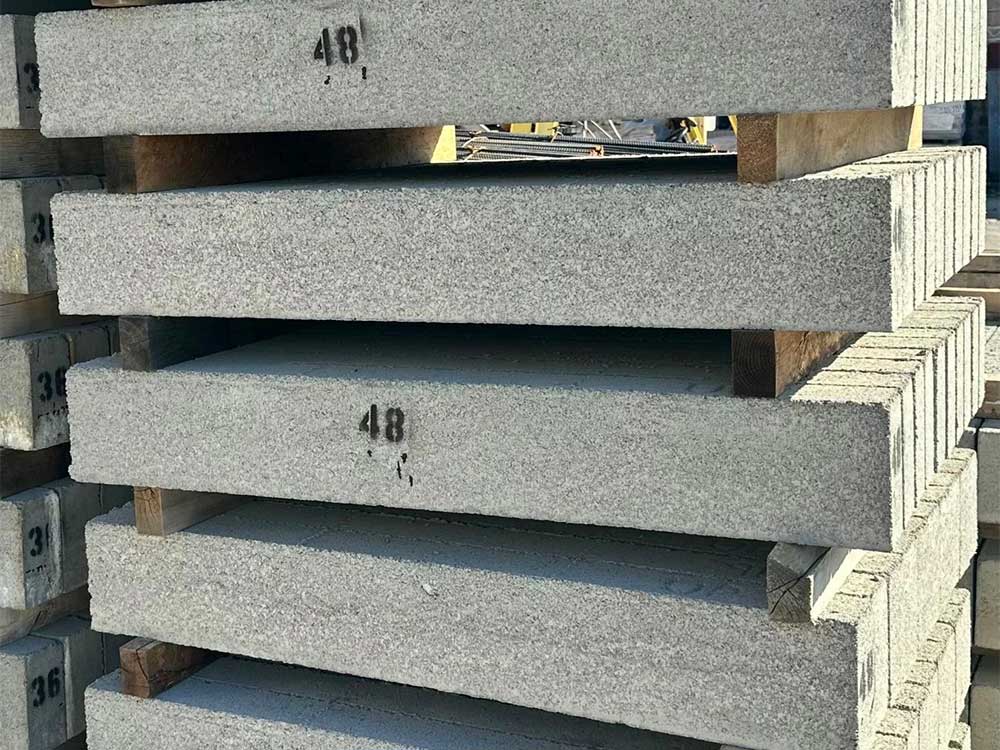4 Types Of Masonry Walls in Construction
In construction, the choice of a masonry wall plays a crucial role in determining the durability, aesthetics, and functionality of a building. As builders, we understand that each type of masonry wall has its specific characteristics that make it suitable for different construction needs. This article delves into four primary types of masonry walls used in the construction industry today. We will explore their construction methods, applications, and advantages to help our clients make informed decisions for their projects.
Solid Masonry Walls
Solid masonry walls are among the oldest and most traditional forms of construction. Constructed from materials such as brick, stone, or concrete block, these walls are celebrated for their substantial thickness and exceptional structural strength, offering long-lasting durability and robustness in building design.
Solid masonry is highly durable and offers excellent soundproofing qualities due to its density. These walls are particularly energy efficient, as they provide significant thermal mass that helps in maintaining consistent indoor temperatures.
Hollow Masonry Walls
Hollow masonry walls stand out from solid masonry due to their design, which incorporates internal spaces that can either be vacant or stuffed with insulation. These walls are generally built using hollow bricks or blocks and are noted for being lighter and having better-insulating properties than solid masonry walls. Hollow walls can also be built as multi wythe walls—called cavity walls.
The presence of air gaps or insulation within or between blocks improves their thermal efficiency, making them a favored option for eco-friendly building projects. Additionally, they facilitate quicker building processes and lower the overall cost of materials.
Reinforced Masonry Walls
Reinforced masonry walls incorporate elements of steel reinforcement within their structure to enhance the wall’s stability and load-bearing capacity. This reinforcement is typically in the form of steel bars or meshes embedded within the mortar or concrete.
Reinforced masonry is essential in seismic zones as it provides additional strength to withstand earthquakes and other structural stresses. This type of wall is versatile and can be used in both load-bearing and non-load-bearing scenarios, offering flexibility in design and use.
Composite Masonry Walls
Composite masonry walls utilize a combination of two or more different building materials to capitalize on the benefits of each. For example, a composite wall may use wythes of brick and stone or brick and concrete block. This method allows builders to design walls that offer enhanced structural properties, such as improved thermal insulation, better soundproofing, and greater mechanical strength.
Composite masonry is particularly advantageous in complex architectural designs where varied material properties can be used to meet specific engineering or visual specifications.
Understanding these four types of masonry walls allows us to guide our clients through selecting the appropriate wall type for their specific construction needs. Each type offers unique benefits, and the choice often depends on factors such as climate, budget, aesthetic preferences, and structural requirements. At Ernest Maier, we prioritize not only the practical aspects of building but also ensuring that our projects meet the highest standards of quality and sustainability. By choosing the right type of masonry wall, our clients can enjoy durable, efficient, and visually appealing buildings for years to come.

Masonry Sales RepresentativeMatt Henshaw
Latest News
4 Features That Makes Masonry Supply Company Stand Out
A masonry supply company plays a crucial role in the success of construction projects, providing essential materials and expertise to […]

Choosing The Right Size Lintel For Your Project
Determining the correct size of a lintel is critical for the stability and longevity of your construction project. A lintel […]

Data Misses on Embodied Carbon
There is significant urgency to avoid, reduce, or even reverse the emissions of greenhouse gases (CO2e) to avoid the worst […]

4 Masonry Tools You Should Have At Home
Effective and efficient masonry work, whether for repairs or new projects, requires the right tools. At home, having a basic […]
